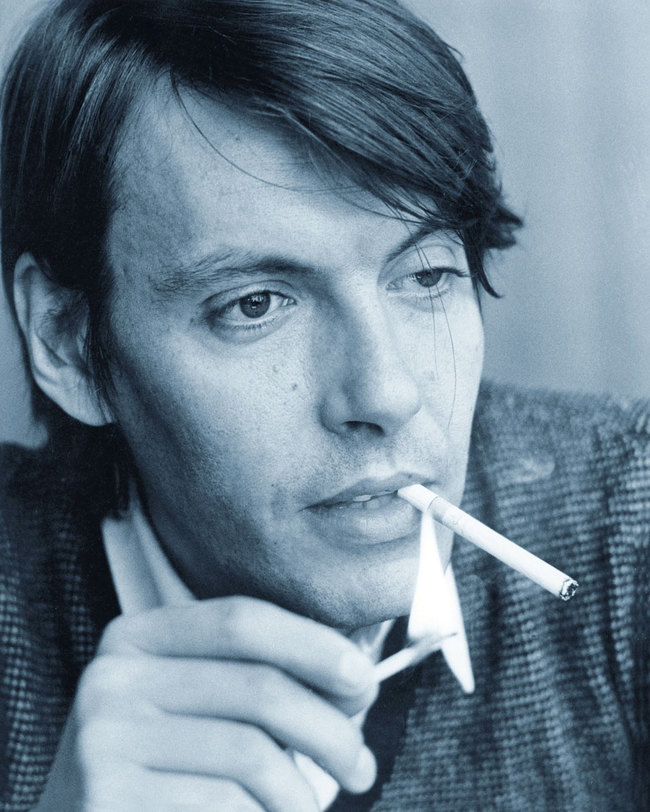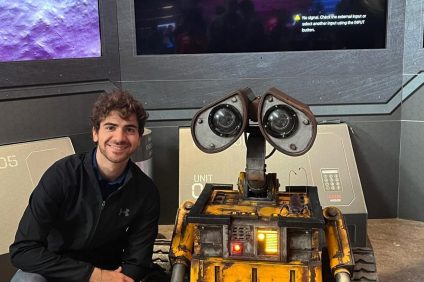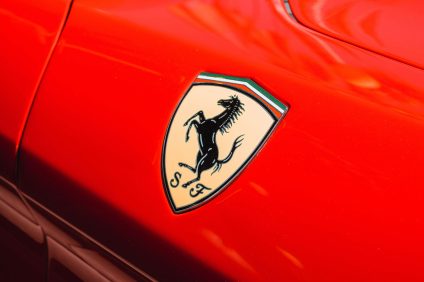Fabrizio De André or Faber - as his childhood friend called him Paolo Villaggio - Genoese, he was a poet endowed with rare musical refinement and proclaimed himself anti-bourgeois, despite coming from a wealthy family. In his interviews he reiterated that he did not like to tell much about himself why “I express everything I have to say in my songs”.
Remembering Fabrizio De André
Which song did you most recognize yourself in? "Mouth of Rosa”He once stated in an interview with a witty smile. A light-hearted and in some ways perhaps ambiguous artist, he showed a great poetic vein so much that his name was engraved in Italian pop music as well as in scholastic anthologies of literature.
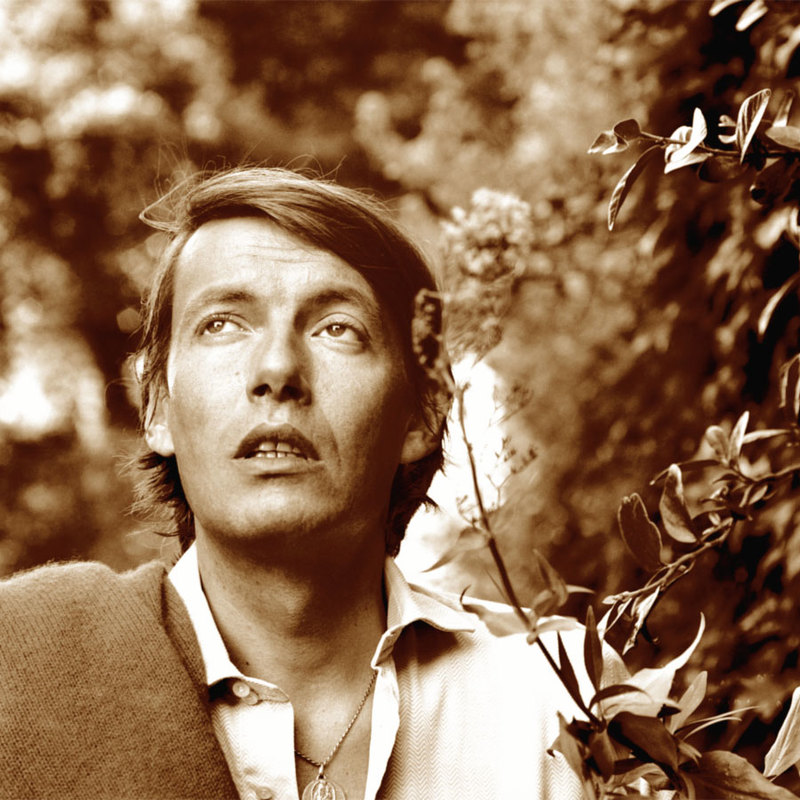
The momentum that drove him to become an active part of history, of his as well as that of the less well-off - so much so that someone has called him a intellectual - must also be sought in its origins. De André himself shared the table with a father who graduated in philosophy and with a brother who was hostile to any grade below 30 and praise.
The air he breathed in the house pushed him between the law benches, at the university. At the time De André composed music but it was not the Faber that we still trace today in play back. He first experimented with the violin, then the guitar, passing through jazz and medieval music.
De André: on the notes of one of the most famous Italian songwriters of the older generation
1958: this is the date that marked his first album. But success showed up ten years later when Mina recorded his song, "Miranella".
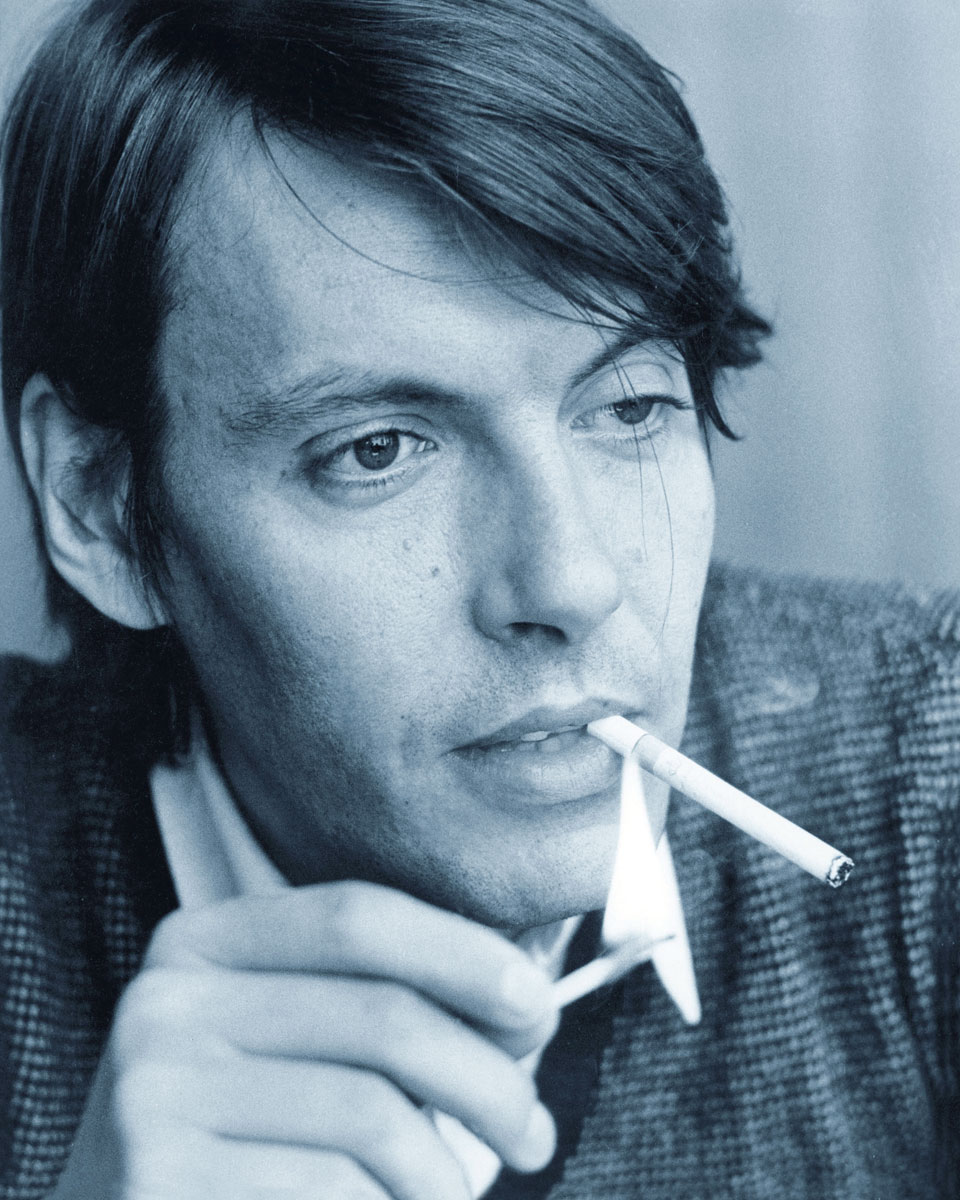
It is the era of cruises, travels and intellectual encounters shared even with some of his closest friends: Gino Paoli, Luigi Tenco, Fernanda Pivani, Paolo Villaggio. But it is also the period in which he brings out his political and life beliefs. He tells us about it in masterpieces such as "Piero's war","Mouth of Rosa ", "Street of the field". Husband of Enrica Rignon, "Puty", and father of Cristiano, From Andrew trace a before and after with the arrival of Dori Ghezzi.
The woman will change the fate of her path as well as her artistic path, giving life to Luvi. If Genoa, as the singer-songwriter stated, was his mother, the Sardinia taught him to face the toughest moments. He was certainly thinking, among the many events, also of the kidnapping that tied him in the Sardinian countryside for 4 months but which did not prevent him from returning hand in hand right there with his Dori.
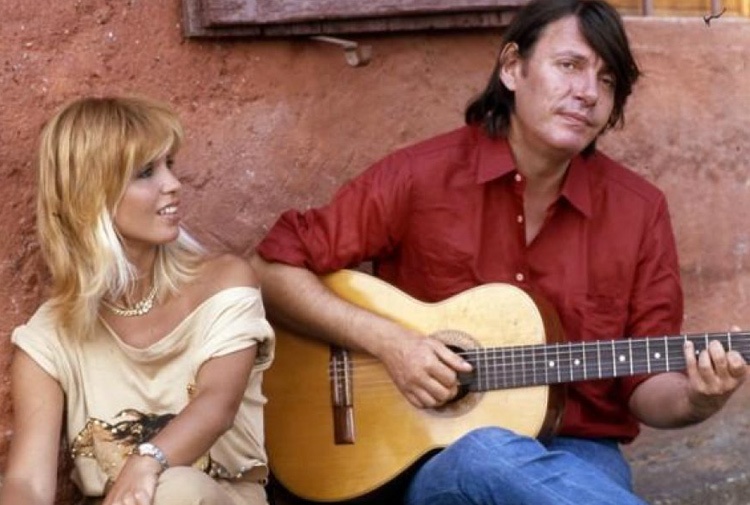
Music and the impetus for life
Among the many compositions that look upside down at his signature, the album "Souls Hello”Written with Ivano Fossati was decreed as his masterpiece of 1996. A unanimity that put critics and fans in agreement. In his record, De André gave voice to some of his main themes: the defense of minorities, discomfort, suffering.
His fear? The death. Not the inevitable one, but the inner one. "A man devoid of ideals, passions or impulses would be a monstrous animal fruit of instinct and reasoning". De André, caught by a tumor, dies at 59. In the coffin he will carry with him many memories left by fans, a pack of cigarettes, a blue cloth, a red clown nose and his hometown scarf.
«For the first time I had the suspicion that that funeral, of that type, with that emotion, with that participation of all, I would never have had it and I would have told him. I would have told him: look, for the first time I was envious of a funeral ». Paul Village.

